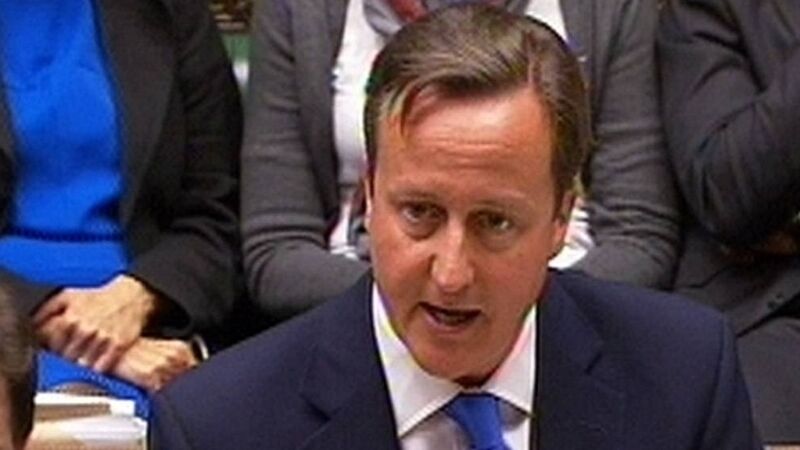UK crisis as Lords aims to weaken Commons

Government sources have warned they may flood the Lords with hundreds of Tory nominees to bring it to heel, or even suspend the chamber altogether.
Prime minister David Cameron is furious that the Lords is threatening to deploy a rarely-used ‘fatal motion’ to scupper government plans to cut tax credits which opposition parties say will cost millions of low income families some €1,300 a year, and push 200,000 children into poverty.














